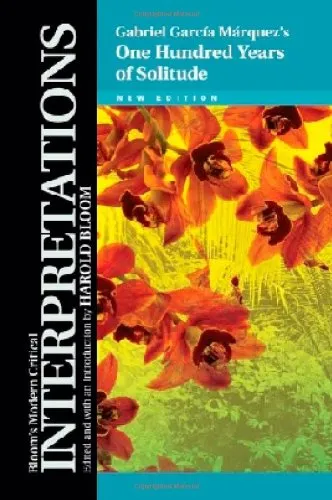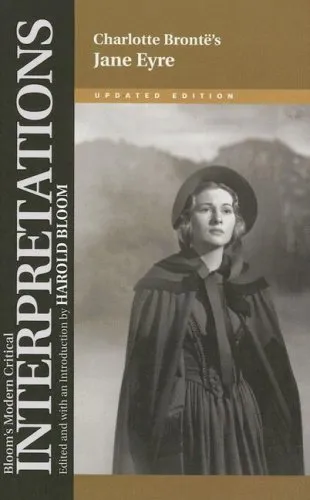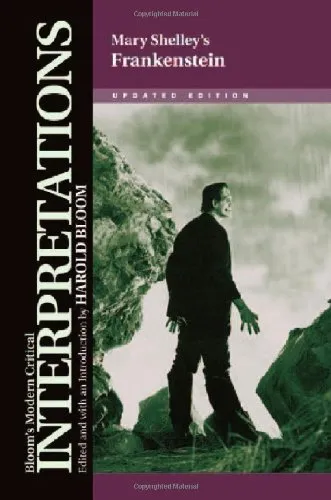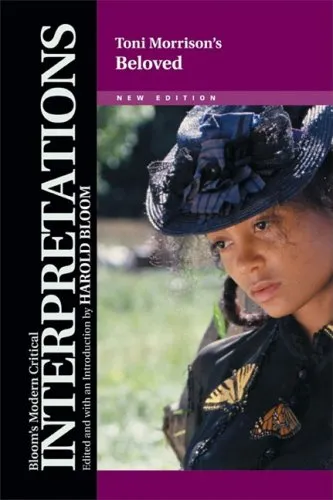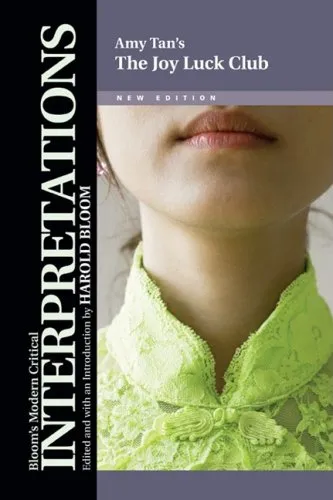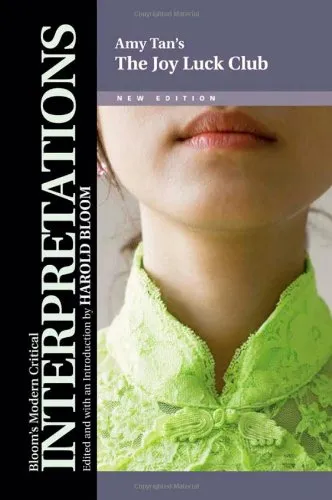The Color Purple - Alice Walker
4.7
Reviews from our users

You Can Ask your questions from this book's AI after Login
Each download or ask from book AI costs 2 points. To earn more free points, please visit the Points Guide Page and complete some valuable actions.Related Refrences:
Persian Summary
Introduction to "The Color Purple" by Alice Walker
Alice Walker's "The Color Purple" is a profound and transformative novel that explores themes of abuse, empowerment, and resilience. Published in 1982, the book is set in the early 20th century and is known for its deep exploration of the African American female experience. This introduction will guide you through a detailed summary, key takeaways, famous quotes, and the significance of this remarkable literary work.
Detailed Summary
The novel is primarily the story of Celie, an African American woman in the American South, who writes letters to God detailing her struggles and triumphs. Celie endures a life of hardship and abuse under her father, and later her husband, Albert. The narrative shines a light on the systemic racial and gender-based oppression faced by African American women at that time.
As the story unfolds, Celie’s journey from a voiceless and abused girl to an empowered, self-aware woman is beautifully portrayed. She finds support in the form of strong female figures, particularly her sister Nettie, and Shug Avery, a blues singer, who plays a significant role in her moral and spiritual awakening. Nettie, through her letters, provides Celie with a glimpse into a world of new possibilities, while Shug's relationship with Celie is transformative, teaching her the value of self-love and personal strength.
The novel also deals with vital themes such as the power of sisterhood, the importance of self-expression, and the inherently destructive nature of sexism and racism. These themes are woven together through Walker's use of epistolary structure, which serves as a powerful tool for Celie's self-discovery and liberation.
Key Takeaways
- Empowerment and Self-Discovery: The novel emphasizes the importance of self-worth and individual strength. Celie's journey from oppression to self-realization is a central theme.
- The Importance of Sisterhood: The novel highlights the supportive roles women play in each other's lives and how these bonds contribute to personal growth.
- Social Critique: Walker critiques the systemic racism and sexism of the early 20th-century American South, making it a vital discourse on social justice.
Famous Quotes from the Book
Here are some unforgettable quotes from "The Color Purple":
"I am an expression of the divine, just like a peach is, just like a fish is."
"It's not a religion, it’s a way of life. Corinne, us used to say God was the color of water. That it really didn't have no color at all."
Why This Book Matters
"The Color Purple" is more than just a novel; it is a powerful commentary on the interlinked oppression of race, gender, and class in society. It has become a seminal piece of literature for its candid portrayal of African American women's lives, encouraging conversations around empowerment and self-determination.
Alice Walker's narrative has a timeless quality as it continues to resonate with readers across generations. Engaging with this book is an opportunity to reflect on the enduring struggles and victories in the quest for equality and justice.
The novel’s impact is also evidenced by its adaptation into a successful film and a Broadway musical, further cementing its significance in American culture and literature.
Free Direct Download
You Can Download this book after Login
Accessing books through legal platforms and public libraries not only supports the rights of authors and publishers but also contributes to the sustainability of reading culture. Before downloading, please take a moment to consider these options.
Find this book on other platforms:
WorldCat helps you find books in libraries worldwide.
See ratings, reviews, and discussions on Goodreads.
Find and buy rare or used books on AbeBooks.
1773
بازدید4.7
امتیاز0
نظر98%
رضایتReviews:
4.7
Based on 0 users review
Questions & Answers
Ask questions about this book or help others by answering
No questions yet. Be the first to ask!





